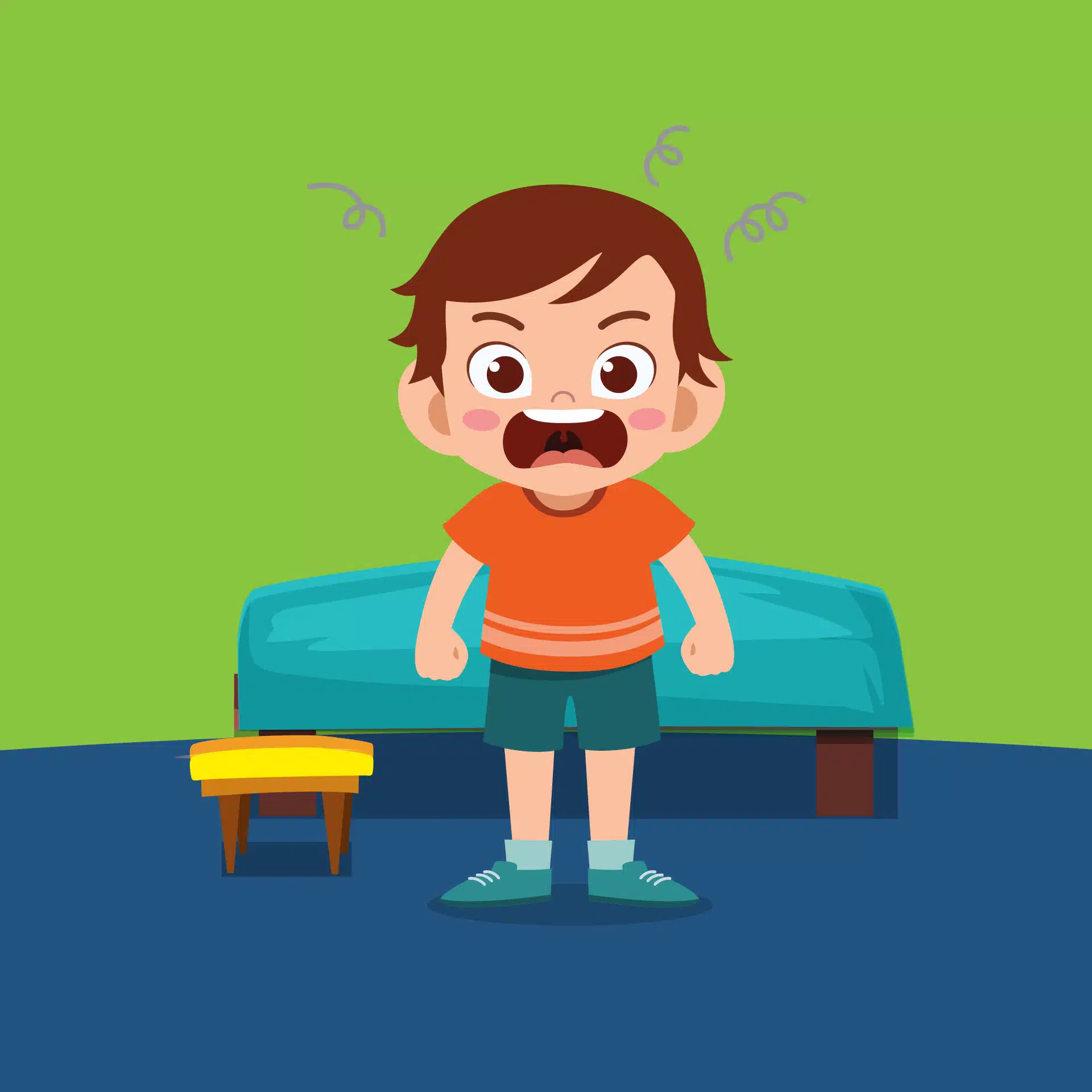By Deborah Lee MS, OTR/L
When a child is fighting his or her sleep constantly, not only is their overall quality of life being impacted but also their parents’. A good night sleep is extremely important as it can positively affect one’s overall mood, task efficiency, and joint attention skills for the following day. And as you can already imagine, being sleep-deprived means that you are pretty much getting through your day feeling like a zombie! Therefore, if your child appears to constantly fight his or her sleep every night, attempting to figure out the underlying cause may help you see the light at the end of the tunnel.
For most toddlers, some of the main and common causes of sleep difficulties can be due to teething, ear infections, common cold, or a medical diagnosis such as Autism Spectrum Disorder (ASD). The first three causes can be easily cured after seeing your child’s pediatrician, which they will usually prescribe antibiotics or other medication, allowing your child to recover fairly quickly over time. However, if your child has been diagnosed with ASD and you feel like they never want to go to sleep, it may be due to hyperactivity, aggression, and lack of concentration, which all affect their self-regulation skills as well.
Here are some strategies to try with your child to rule out all possibilities:
- Avoid giving your child foods or liquids that may contain sugar or caffeine before bedtime, as this will stimulate high levels of energy.
- Create a nighttime routine for your child to follow every night. For example, give your child a nice warm bath, brush their teeth, and then read them a book before turning the bedroom lights off.
- Help your child relax by providing them with deep pressure massages on their upper and lower body extremities.
- Try utilizing a weighted blanket that is specifically designed for children.
- Remove all screen time (i.e., phones, tablets, TV) at least an hour before bedtime.
- Modify the bedroom environment (i.e., cooler temperature, attach heavy curtains to block all possible lighting from the window, appropriate bed sheets and blankets)
After exhausting all of these strategies and they do not appear to work for your child, the next step would be to take your child to the pediatrician.




